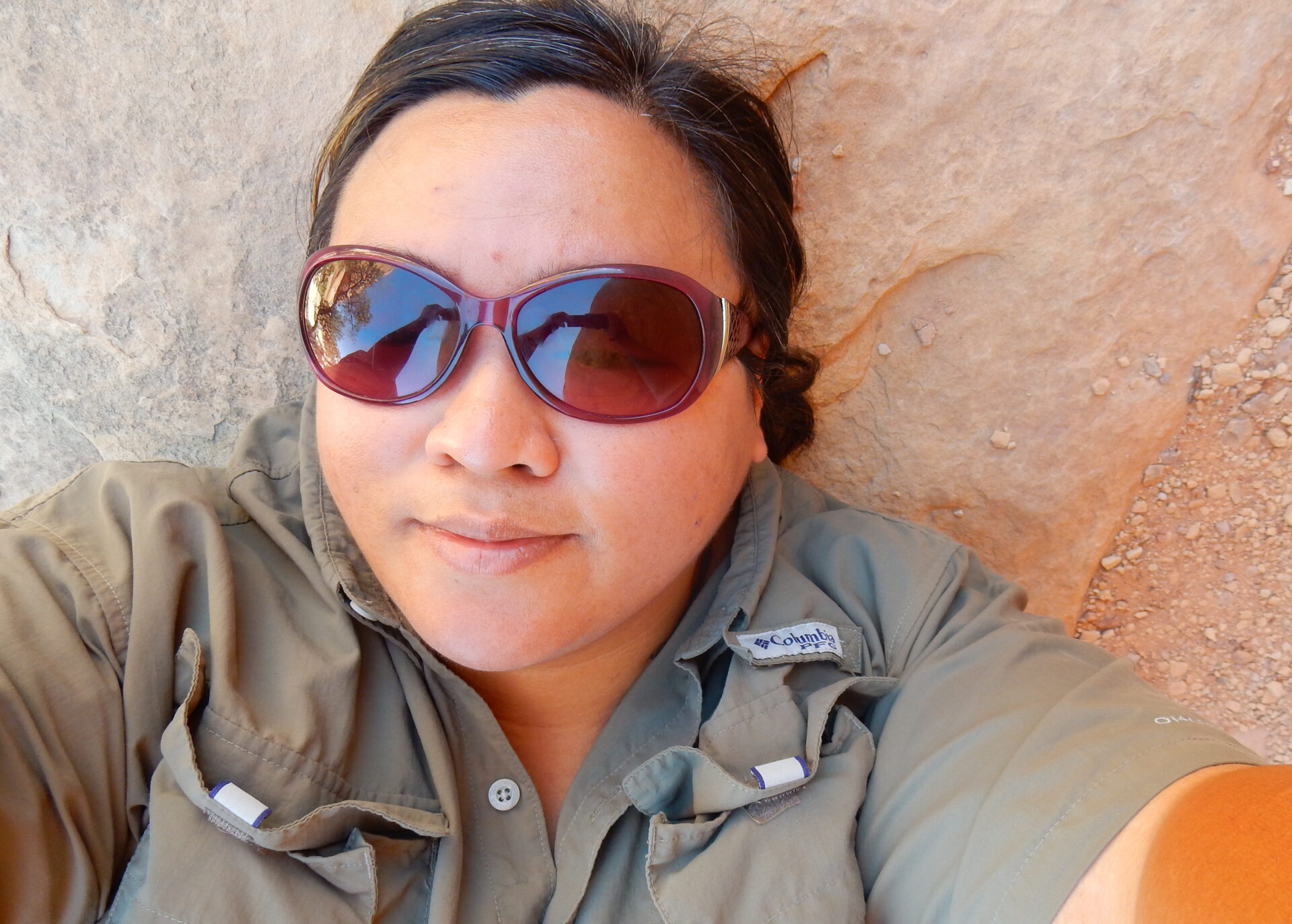I began my weight-loss journey after being diagnosed with PCOS and Metabolic Syndrome, which has had a significant impact on my health. My goal is to lose at least 100 pounds within a year, but the motivation behind it is deeper than just the scale. I’m focused on improving my health and changing my emotional relationship with food. For years, I’ve used food to cope with depression or as an easy reward for any accomplishment. I want to break this cycle. This voyage isn’t just about weight loss; it’s about learning to process emotions without relying on food, and journaling is central to this transformation.
Writing has always been a tool for reflection, and I’ve found it rewarding in the past—particularly when I traveled across America. During those travels, I wrote about my experiences, what I learned, and how I grew. Now, I want to apply that same reflective process to my weight loss. By journaling, I can track my progress, stay accountable, and celebrate successes, but I also want to reflect on the challenges and setbacks. Understanding what works and what doesn’t will help me stay on track and adjust my approach when necessary.
I’m combining a digital weight-tracking app with blogging and social media to document my journey. While I keep most of my diary private for now, I hope to share more as I become more comfortable. I see the value in connecting with others, especially as I reflect on the patterns I uncover about my eating habits, emotional triggers, and exercise routines. Identifying these patterns is crucial for making lasting changes.
Keeping a logbook also offers a way for me to process the emotional aspects of weight loss. By writing about my emotions, I can clarify how I’m feeling, identify triggers, and learn how to manage my responses without turning to food. I’m adopting the mindset of “if I name it, I can tame it,” which means that by understanding my emotions, I can gain control over them and avoid the cycle of emotional eating.
Day-by-day accounts will remain a private practice for me, but I eventually want to share more of my experiences, especially the most impactful moments. Writing allows me to reflect on both my wins and setbacks, which will help me develop better habits and avoid repeating past mistakes. This is particularly important because I’ve attempted weight loss before without documenting my journey. Without a written record, I couldn’t remember what worked and what didn’t, making it harder to build on my successes.
For me, success is more than reaching a specific weight; it’s about losing 100 pounds while also learning to manage my emotions without relying on food. Creating chronicles will be a key tool in this process, helping me process negative emotions and reinforce the positive habits I’m working to establish. After I reach my weight-loss goal, I’m not sure exactly how my habit tracking practice will evolve, but I imagine I’ll continue using it as I work through new challenges. If journaling helps me create emotional resilience and maintain healthy habits, I may extend the practice to other aspects of my life.


